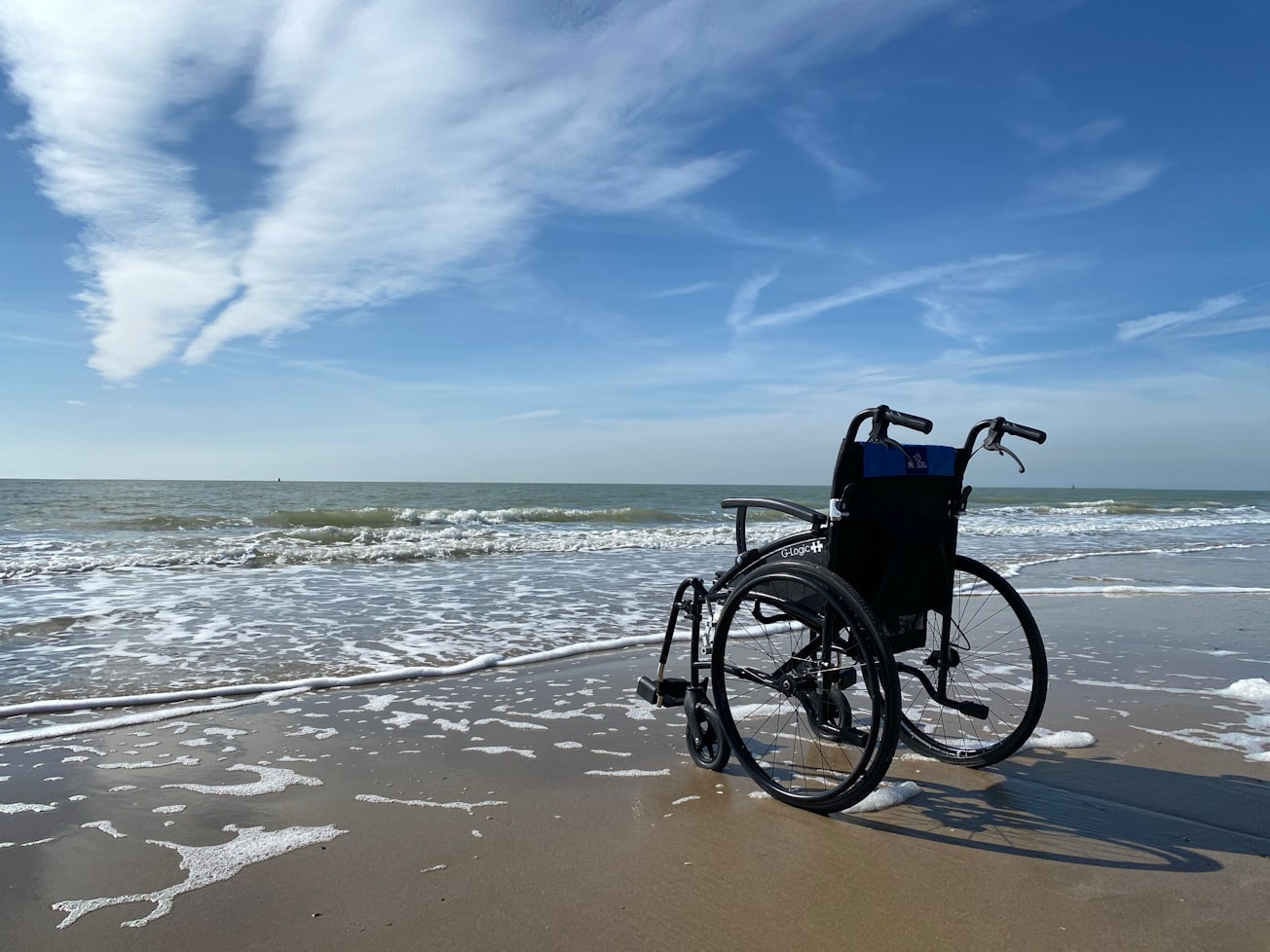What is it about?
This study used a two-phase qualitative approach to generate a set of recommended adaptations to make mindfulness-based interventions more inclusive of people with neurological impairment/injury. First, semi-structured interviews were undertaken with eight accredited mindfulness teachers who also have neurological impairment/injury. These interviews explored the adaptations that mindfulness teachers made in both their personal and teaching practice, using a thematic analysis approach to generate themes and recommendations. Second, using the DELPHI method – which involves rounds of experts answering questions and agreeing on a consensus summary of points amongst the whole panel – adapted mindfulness practice recommendations were reviewed and revised over three rounds, following interviews with an expert panel (five trained mindfulness teachers with neurological impairment). This process produced a final summary of recommendations to adapt standardised mindfulness-based interventions to be more inclusive and accessible for people who have neurological impairment/injury. As a result of these interviews and expert panel rounds, ten core areas for adaptation are proposed and validated. The acronym ‘SMALL PROMPTS’ summarises the ten areas to adapt mindfulness-based teaching techniques to the specific requirements of people with neurological impairment/injury. These are: (a) Skin/bladder/bowel management; (b) Mindful Movement; (c) Accessible training; (d) Language Leadership; (e) Permissive pRactice; (f) Optimizing timelines; (g) Management of posture; (h) inclusion of Pacing; (i) Teaching from experience; and (j) body Scanning. It can be concluded from this study that mindfulness is a highly applicable approach for people with sensory loss, however significant, specific adaptations are required to improve inclusivity and accessibility of this practice. The SMALL PROMPTS adaptations increase the accessibility, applicability, and utility of mindfulness-based interventions for populations living with neurological impairment/injury, and enhance effective management of physical and psychological wellbeing by optimizing mindfulness programme delivery for more inclusive participation.
Featured Image

Photo by Hans Moerman on Unsplash
Why is it important?
Mindfulness-based interventions are often used for the management of physical and psychological symptoms of many different health conditions. However, for people who experience neurological impairment or injury, mindfulness can often be difficult to engage with due to the focus on sensory presence and mindful walking which is not always achievable. Research is therefore needed to generate a set of formalized recommendations regarding how mindfulness-based interventions may be best adapted to enhance their suitability for people with neurological impairment/injury and be more inclusive of specific needs.
Perspectives
This study is the first to present new guidelines for how best to use mindfulness when working with people who do not have full sensation as a result of a condition such as Spinal Cord Injury or Multiple Sclerosis. If we do not know how best to adapt mindfulness for people living with these conditions, then there is the risk that unadapted programmes may reduce the effectiveness of mindfulness practices. By working with mindfulness teachers who are themselves living with sensory loss and neurological impairment, this study is extremely important as it provides clear guidance on how best to adapt standardised mindfulness techniques so that they can be used even after paralysis or neurological impairment.
Dr Katherine Anne Finlay
University of Reading
Read the Original
This page is a summary of: Adaptations to mindfulness-based interventions for neurological impairment: The SMALL PROMPTS approach., Rehabilitation Psychology, July 2022, American Psychological Association (APA),
DOI: 10.1037/rep0000455.
You can read the full text:
Contributors
The following have contributed to this page







